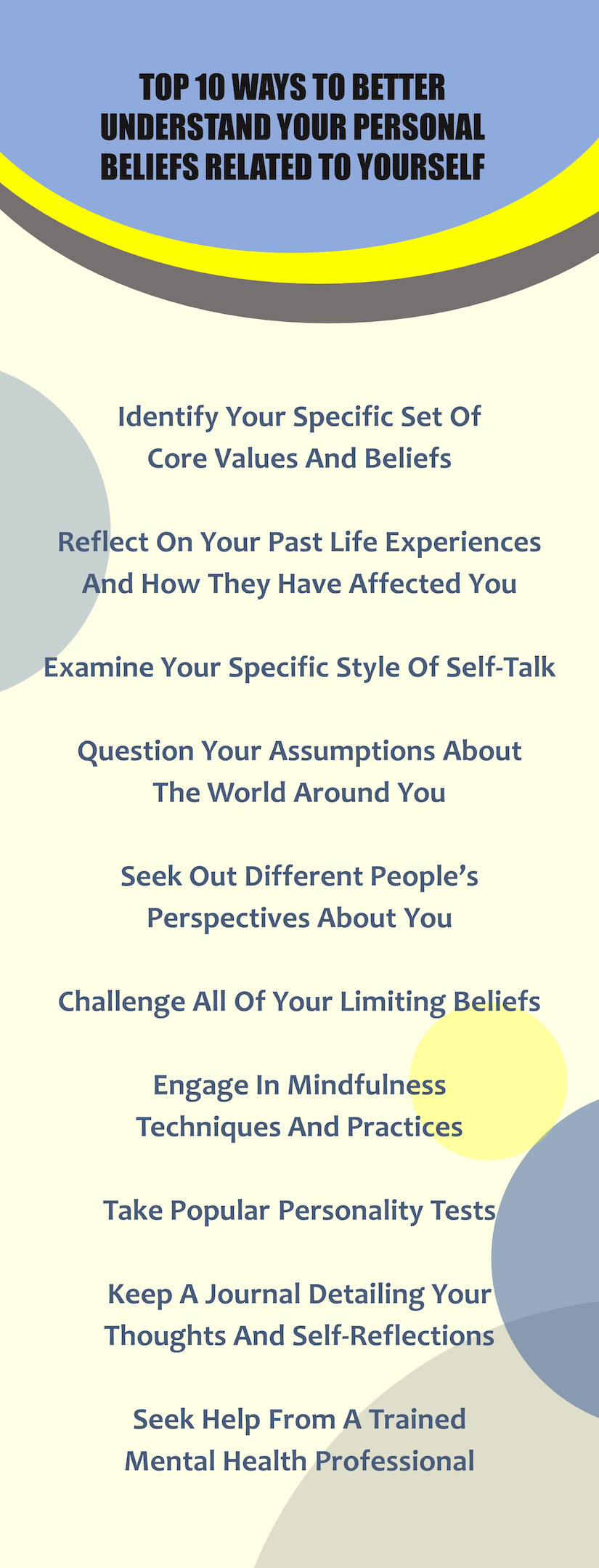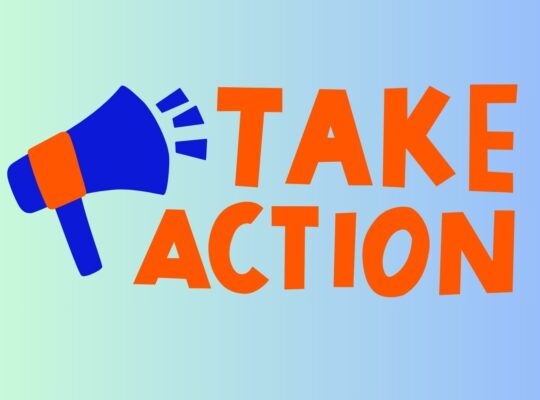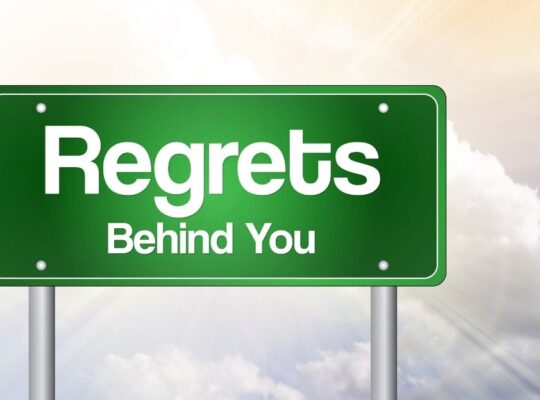All human beings have their own sets of beliefs that govern their actions and decision making. These beliefs are shaped by a variety of factors, including a person’s upbringing, culture, religion, and personal experiences. Understanding your personal beliefs related to yourself is important for personal growth and development.
To better understand your personal beliefs about yourself, consider using these strategies:
Identify Your Specific Set Of Core Values And Beliefs
Your core values are the fundamental beliefs that guide your behavior and decision-making. They are the principles that you hold near and dear, and they are deeply ingrained in your character – they are so deeply ingrained in your character that they serve as a crux for everything you do. All of your actions and decisions will rest against your core values and beliefs. To better understand your personal beliefs related to yourself, it is essential to first identify your core values.
Take some time to reflect on what is most important to you in life. What do you value above all else? Is it honesty, integrity, compassion, or something else entirely? Once you have identified your core values, you can begin to examine how they influence your thoughts, feelings, and actions.
Reflect On Your Past Life Experiences And How They Have Affected You
Our past experiences shape our beliefs about ourselves and the world around us. Reflecting on your past experiences can help you understand how your personal beliefs have been shaped over time.
Think about significant events in your life, both positive and negative, and consider how they have influenced your beliefs about yourself. For example, if you experienced rejection or failure in the past, you may have developed beliefs about yourself as being unworthy or incapable. Reflecting on these experiences can help you recognize and challenge these beliefs.
Examine Your Specific Style Of Self-Talk
The way we talk to ourselves has a significant impact on our beliefs about ourselves. Negative self-talk can lead to negative self-beliefs, while positive self-talk can promote positive self-beliefs.
To better understand your personal beliefs related to yourself, pay attention to your self-talk. Are you critical or supportive of yourself? Do you focus on your strengths or weaknesses? Examining your self-talk can help you identify any negative beliefs that may be holding you back.
Question Your Assumptions About The World Around You
We all have assumptions about ourselves and the world around us. These assumptions can be based on limited information or biased perspectives. To better understand your personal beliefs related to yourself, question your assumptions.
Are they based on evidence, or are they simply beliefs that you have held for a long time? Are there any assumptions that you have that may not be accurate? Questioning your assumptions can help you identify any beliefs that may need to be revised or updated.
Seek Out Different People’s Perspectives About You
We are all subject to biases and blind spots that can influence our beliefs about ourselves. Seeking out different perspectives can help us challenge our assumptions and broaden our understanding of ourselves.
Talk to people with different backgrounds and life experiences. Read books or articles that offer different viewpoints. Exposing yourself to diverse perspectives can help you gain a more nuanced understanding of yourself and the world around you.
Asking people you love and trust to give you more perspective on yourself can also be eye-opening: you’d be surprised what kind of great insights your friends and family can share with you about yourself.
Challenge All Of Your Limiting Beliefs
Limiting beliefs are beliefs that hold us back from achieving our full potential. These beliefs are often based on fear, doubt, or a lack of confidence. To better understand your personal beliefs related to yourself, it is important to challenge these limiting beliefs.
Ask yourself, “Is this belief helping me, or is it holding me back?” Identify any limiting beliefs that may be holding you back from achieving your goals and challenge them with evidence to the contrary.
Engage In Mindfulness Techniques And Practices
Mindfulness is the practice of being present in the moment and paying attention to your thoughts and feelings without judgment. Practicing mindfulness can help you become more aware of your personal beliefs related to yourself. Take some time each day to sit quietly and observe your thoughts and feelings.
Notice any patterns or recurring themes in your thinking. Practicing mindfulness can help you become more aware of your beliefs because it forces you to connect with yourself and the environment around you in the present moment.
Take Some Popular Personality Tests
Personality tests such as the Myers-Briggs Type Indicator, Big Five Personality Traits, and Enneagram can provide insight into your personality and how you perceive the world. These tests can help you identify your strengths and weaknesses, as well as your preferences and tendencies. Taking personality tests can be a useful tool in understanding yourself better and making informed decisions about your personal and professional life.
Keep A Journal Detailing Your Thoughts And Self-Reflections
Journaling is a powerful tool for self-reflection and self-discovery. Writing down your thoughts and feelings can help you gain clarity and insight into your beliefs and values. It can also help you identify patterns in your behavior and thought processes. Regular journaling can help you understand yourself better and track your personal growth and development over time.
Seek Help From A Trained Mental Health Professional
Sometimes, it can be difficult to understand ourselves better without the help of a trained professional. Seeking the guidance of a therapist, counselor, or life coach can provide you with the support and tools you need to gain insight into your personal beliefs and values. A professional can help you identify any negative beliefs that may be holding you back and provide you with strategies to challenge and overcome them. Seeking professional help can be a powerful step towards understanding yourself better and living a more fulfilling life.








